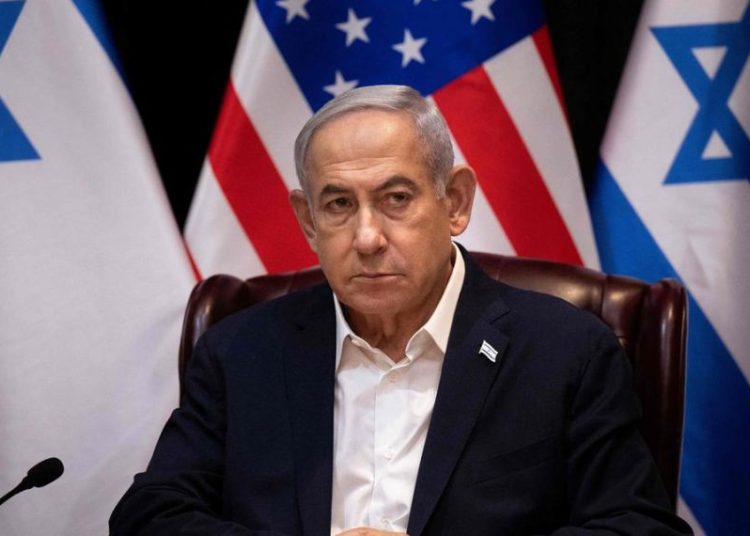Amid escalating tensions in the Middle East, some observers suggest that the United States has granted Israel tacit approval to intensify its military actions against Lebanon and other resistance groups but to temper direct strikes on Iran.
By Hamidreza Kazemi
The confrontation between Iran and Israel has reached a critical juncture. Following the “True Promise II” operation carried out by Iran last April—which involved direct missile strikes on Israeli targets—the global audience is closely watching Israel’s potential response. Military experts and international security analysts have acknowledged the significance of Iranian missiles penetrating the missile defense systems of Israel and the United States. This development not only underscores Iran’s advancing military capabilities but also raises concerns about the effectiveness of existing defense infrastructures in Israel.
In the arena of psychological warfare, mirroring the aftermath of the “True Promise I” operation, Israel and its allies have attempted to downplay the impact of “True Promise II”. Despite these efforts, the successful missile penetration has alarmed defense strategists and highlighted vulnerabilities that cannot be easily dismissed.
Israeli authorities and media outlets have emphasized the inevitability of responding to Iran’s missile attack. However, there is considerable debate regarding the scope and nature of such retaliation. Based on analyses from Israeli commentators and think tanks, three primary scenarios have emerged:
- Targeted Strikes on Iranian Bases: This scenario involves launching air and missile attacks on Iran’s air and missile bases located in the western regions of the country. Such actions aim to weaken Iran’s offensive capabilities and send a strong deterrent message.
- Attacks on Energy Infrastructure: By targeting Iran’s energy facilities in the south, Israel could impact the country’s economy but disrupt global energy markets which is not a favorable option for the U.S. ahead of an important presidential elections.
- Strikes on Nuclear Facilities: Attacking Iran’s nuclear installations may not set back Iranian nuclear activities in the long run but could backfire. Additionally, it might provoke severe retaliation from Iran, carrying the risk of disasters akin to the Chernobyl incident this time in Israel.
Despite these potential strategies, there is a prevailing hypothesis that Israel may refrain from actions that could lead to an uncontrollable escalation. The recent Iranian missile attack and the current U.S. administration’s focus on upcoming elections contribute to this cautious stance. Analysts speculate that a direct attack on Iran’s oil infrastructure could destabilize the global energy market, while strikes on nuclear facilities might end up in unpredictable situation.
In this complex geopolitical climate, Asharq Al-Awsat reported that the United States has allowed Israel to scale back direct military actions against Iran in favor of intensifying strikes on Lebanon and other resistance groups. This approach might extend significant operations against positions in Syria, Iraq, and Yemen. The strategy appears to aim at weakening the Axis of Resistance, a coalition of state and non-state actors aligned with Iran, thereby indirectly countering Iranian influence without provoking a direct confrontation.
Under this scenario, Israel could launch extensive attacks against the Axis of Resistance as a form of retribution for Iran’s missile strikes, engaging in a “tit for tat” escalation. During the psychological warfare phase preceding an action against Iran, large-scale measures are introduced to ensure that, in the event of a limited attack, the attack could be bearable for Iran.
The timing of these potential actions is also significant. There were speculation that Israel might coordinate strikes to coincide with symbolic dates, such as the anniversary of the “Al-Aqsa Flood” operation on October 7. Such timing could maximize the psychological impact and serve as a rallying point for domestic support.
However, the feasibility of these strategies depends heavily on a decision-making within the Israeli leadership—a factor complicated by internal political strife and the aggressive postures adopted by some officials in recent times. The unpredictability of decisions emanating from Tel Aviv adds a layer of uncertainty to regional stability.
The views expressed in this article are those of the author and do not necessarily reflect the positions of Iran Nuances.






